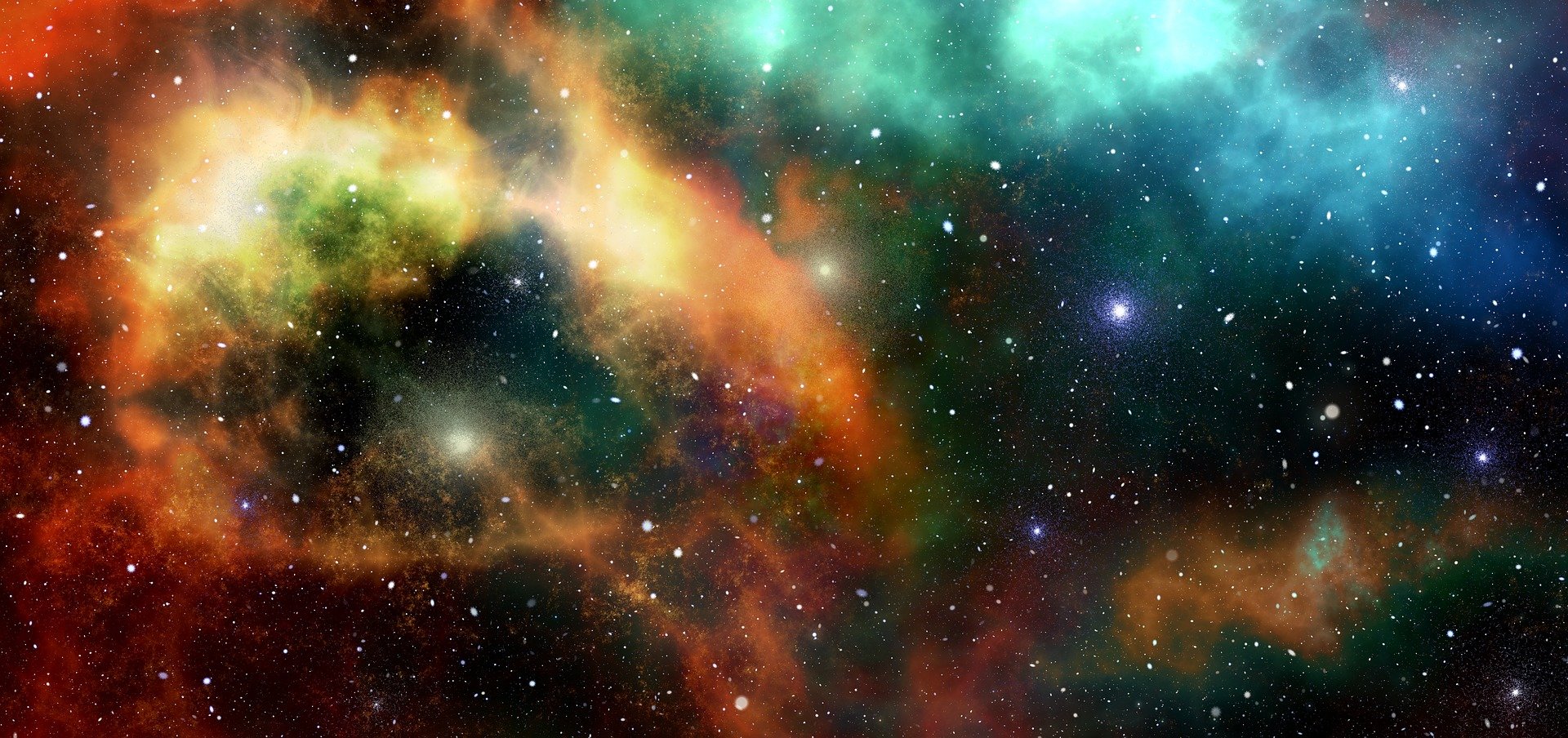New research puts age of universe at 26.7 billion years, nearly twice as old as previously believed::Our universe could be twice as old as current estimates, according to a new study that challenges the dominant cosmological model and sheds new light on the so-called “impossible early galaxy problem.”



Thanks for giving additional explanation. I was trying to keep my reply relatively short and agree with most of what you said.
Thanks for the arxiv link. I was aware that some people did stuff like this (time-varying fundamental constants), but the abstract only speaking of “coupling constants” made me think of Λ (and G), not fundamental constants. There are some theories that motivate a varying speed of light, for example (Hořava–Lifshitz gravity comes to mind), but this doesn’t seem to be motivated by any theory in particular, as far as I can tell. I also agree with you that it seems quite weird to give c, h, and k a time dependence each, only to then have them all be functions of G.
I’m not sure if I fully agree with this. Shouldn’t varying c, h, and k with time clearly change any observable related to the dispersion of light and gravitational waves, or black body radiation (among many other things)? And if we had access to even just one of those from different times during cosmological evolution (where the change should be much larger than between a few decades in the present), we should in principle be able to check if the proposed scaling law holds quite easily. Of course, the author could always make the variation with time small enough to avoid contradicting experiment (which would make it indeed unfalsifiable in practice), but that seems to go against the main idea of using these time-varying fundamental constants to explain some aspects of cosmological evolution. My guess now would be that the paywalled paper modifies the relation between redshift and time to undo the “damage” done by modifying the constants. Nevertheless, it wouldn’t surprise me much if this kind of scaling is already ruled out implicitly by some data, as I can’t imagine it not affecting a lot of different observables, but maybe I’m also overestimating the experimental cosmological data available at present, or the strength of the variance the author proposes.